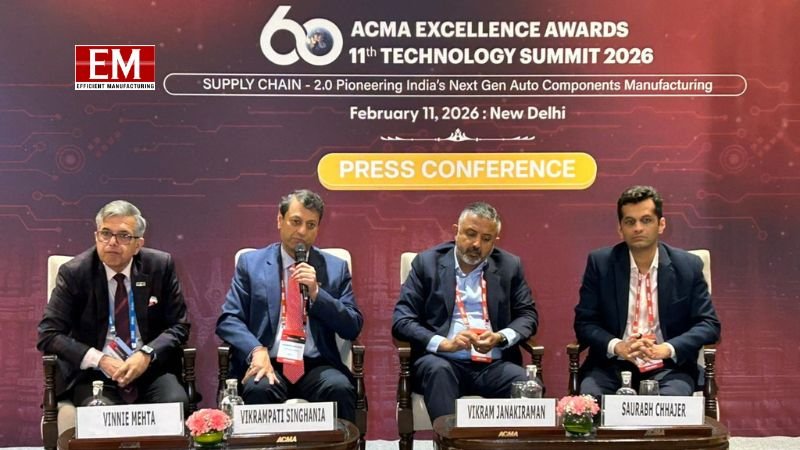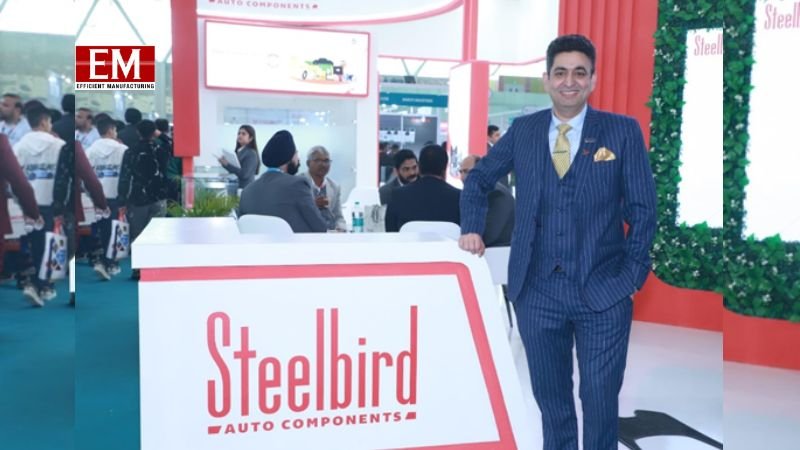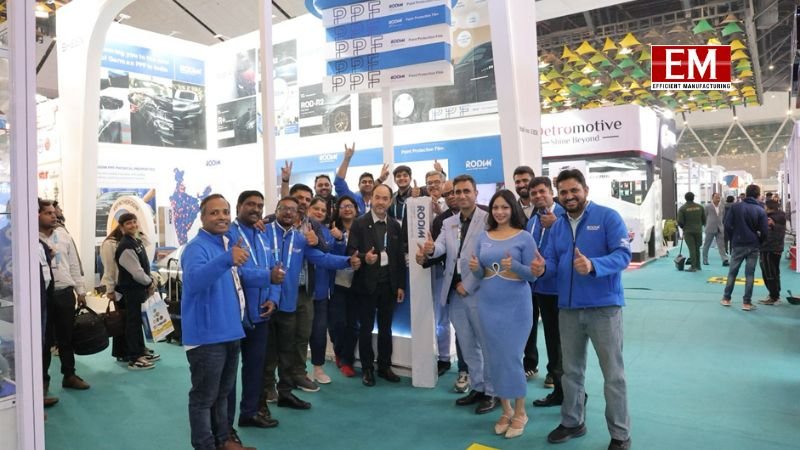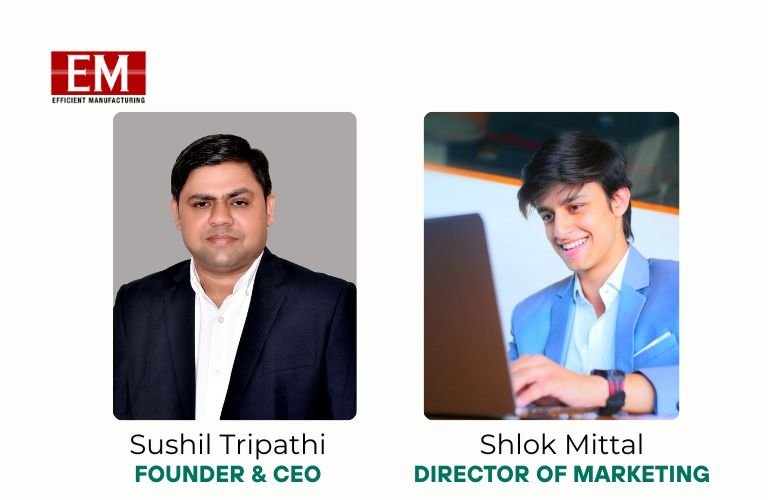In this exclusive interview with Sushil Tripathi- Founder & CEO Biotic Organic Solutions, and Shlok Mittal- Director of Marketing for Biotic Organic Solutions we took an in-depth look at how Biotic Organic Solutions is leading the charge in revolutionizing aquaculture through organic, enzyme-based inputs. With its EMO series, the company combines cold fermentation technology and practical field-based solutions to enhance water quality, combat pathogens, and reduce dependency on harmful antibiotics. From scalable formulations that withstand extreme temperatures to hands-on farmer training and real-time quality validation, Biotic’s grounded approach is helping shape a more resilient, eco-friendly aquaculture future especially in key markets like Vietnam.
1. How do you see the market for organic, enzyme‑based inputs evolving over the next 3
5 years?
We believe that the market for organic, enzyme-based inputs is poised for exponential growth over the next 3–5 years, driven by increasing environmental awareness and the global shift towards sustainable, non-toxic solutions. With consumer preference for biodegradable and eco-friendly products rising at a rate of 12–15% annually, we can say that the demand is set to surge across industries like hospitality, manufacturing, and urban sanitation. At Biotic Organic Solutions, we are aligned with this momentum, continuously innovating to meet evolving needs. As regulations tighten and ESG goals become central, organic inputs will transition from niche alternatives to industry standards, making this sector one of the most promising in green innovation.
2. What technologies or proprietary techniques are involved in formulating and encapsulating the EMO series so that the enzymes and probiotics remain viable during storage, transport and in‑pond application?
We developed and formulated the EMO series using advanced cold fermentation technology, which preserves the integrity and activity of enzymes and probiotics during production. This method ensures that microbial strains remain viable and effective throughout the product lifecycle. Our proprietary formulation process focuses on product stability, enabling the EMO series to withstand a wide temperature range—from -5°C to 60°C—making it suitable for diverse climatic and logistical conditions. Available in both, liquid and powder forms, the EMO series is designed to overcome transportation and storage challenges. For in-pond application, we provide a detailed Standard Operating Procedure (SOP) to farmers and offer hands-on training, both on-site and virtually, to ensure correct usage and optimal outcomes. This comprehensive approach not only enhances product efficacy but also empowers farmers to embrace sustainable, organic aquaculture practices, minimizing reliance on harmful antibiotics and
fertilizers while improving overall pond health. The EMO series visualizes a healthier and safer
aquaculture in Vietnam.
3. Can you shed some light on how you control and monitor real‑time water‑quality? or
Do you have any IoT or sensor‑based monitoring platforms that integrate with your EMO treatments to provide real‑time water‑quality analytics and treatment optimization?
At Biotic Organic Solutions, real-time water quality monitoring is primarily based on observable
changes and empirical testing. We have observed that the first indication of improvement is often visual—the water becomes clearer and more transparent, showing enhanced quality. To further validate results, we encourage quality control tests using water samples from the treated pond or aquaculture farm. These samples are evaluated for key parameters such as TDS (Total Dissolved Solids), COD (Chemical Oxygen Demand), odour, smell, shrimp, tilapia (or other produce’s) health, etc. and also resulting and identification of production of more shrimps per cycle. These metrics help to determine the efficacy of our EMO treatments. The testing is typically conducted by the consumer or an associated technician, and the findings are documented in a structured feedback report. While we do not currently employ IoT or sensor-based platforms for real-time analytics, our approach emphasizes practical and scientific validation to ensure treatment optimization. We have learnt that this hands-on system supports transparent, result-driven monitoring for organic aquaculture water management.
4. With the integration of new technologies such as metagenomic profiling, AI‑driven strain selection or biotech scale‑up methods—are you exploring to extend your product line or tackle emerging aquaculture pathogens?
At Biotic Organic Solutions, our approach is rooted in practical feedback, direct client engagement, and real-time field data rather than AI-driven strain selection or metagenomic profiling. We analyse problems through five-year trends, face-to-face interactions, and current water or pond conditions to create customized, effective solutions. Each of our products clearly lists its microbial composition, ensuring transparency and precision. Our EMO series effectively combats emerging and harmful pathogens such as E. coli, Salmonella, Vibrio parahaemolyticus and Vibrio cholera further preventing EMS, WSSV, which are among the most critical in aquaculture today. This practical, need-based approach has shown proven success in Vietnamese aquaculture ecosystems.
(Replacing Antibiotics with Probiotics)












